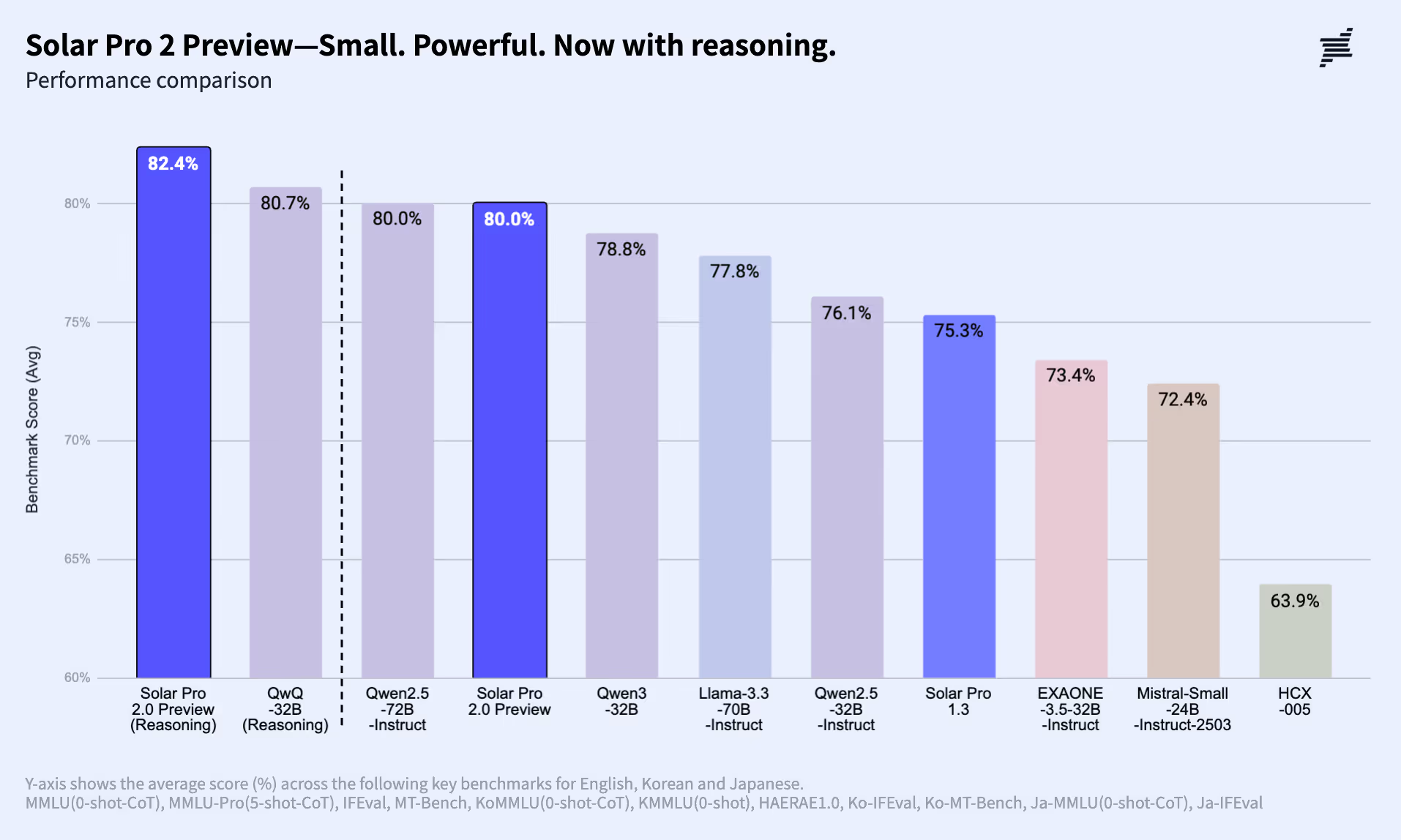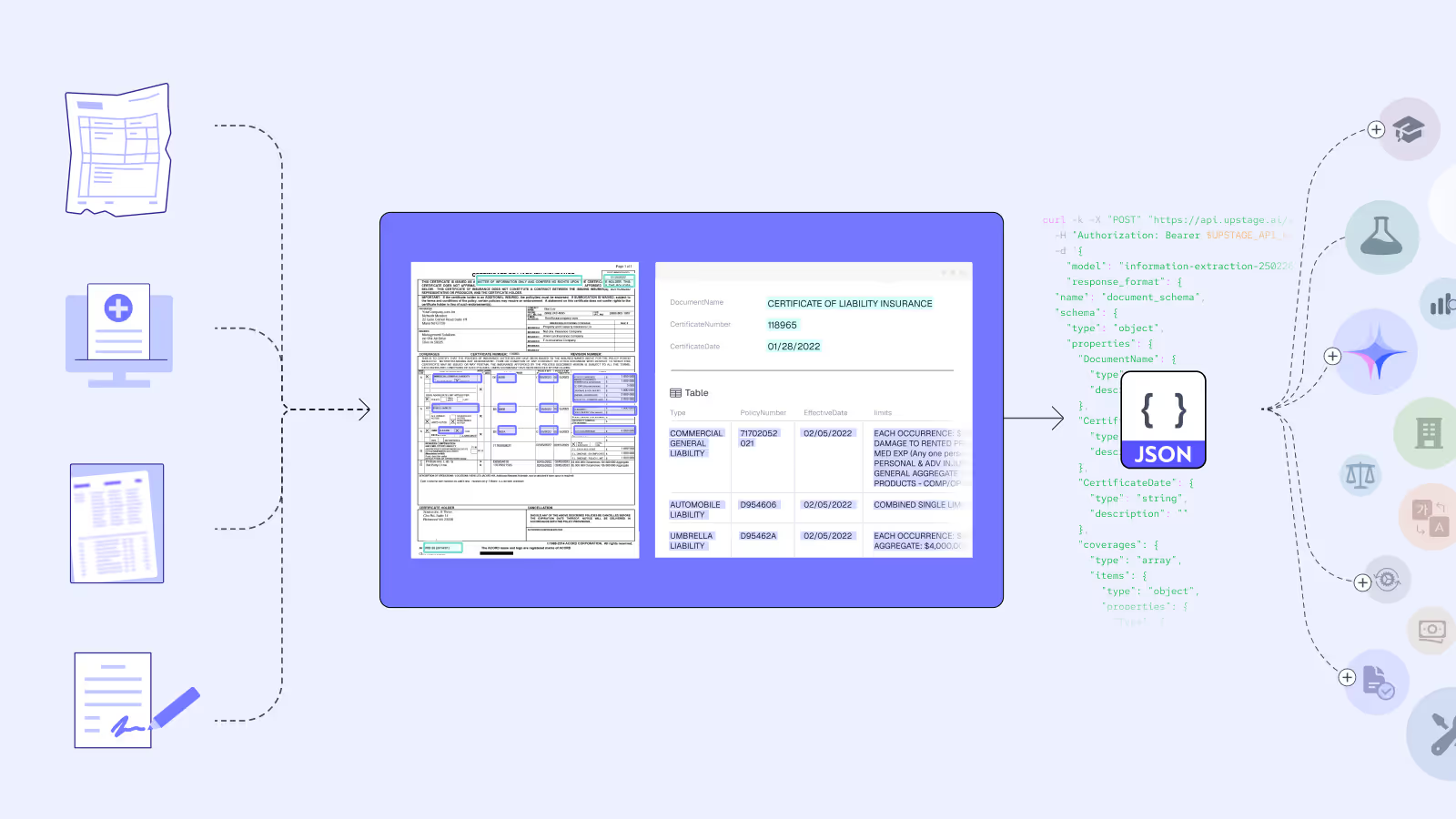The rise of large language models in business

One of the keys to success in business is efficiency. Companies are constantly seeking ways to accelerate their business, maximize productivity, and achieve cost efficiency by leveraging technology. This continues the trend of AI adoption with large language models these days. The ‘2023 AI Readiness Report’ by Scale AI states that 72% of companies plan to significantly increase their investment in AI annually for the next three years. LLMs are increasingly used by businesses for human task automation and customer support due to their applicability to a wide range of natural language processing tasks. How are large language models being applied in the real world? Let's explore use cases across various industries.
Practical use cases of LLM in business
(1) Revolutionizing customer support: automate and engage

AI company Upstage partnered with ConnectWave, a e-commerce data platform company, to build a s generative AI service for the e-commerce businesses.
Large language models are being used to automate customer support services in various industries. Due to their specialization in natural language processing (NLP), LLMs boost more interactions between users and customer service, including chatbots and product search functions. LLMs enable companies to provide accurate and personalized services to customers by offering 24/7 customer support without the need for human assistance. This improves customer satisfaction. Also, companies can use conversation data collected through the service to improve its quality or gain valuable business insights.
(2) Content generation


LLMs are widely used in content creation and marketing. Whether you need to write a blog, social media post, product description, article, email, sales pitch, or even brainstorm ideas for ad copy, there are no limits to using LLMs. By typing in your content topic, goals, and necessary details into the prompt, you can get started right away. LLMs can save you time and money on content creation and marketing. It also helps correct grammatical errors and simplifies long sentences for better readability. Many companies are leveraging LLMs in content marketing to increase website traffic, generate leads, and improve communication with customers through their content.

Here is the latest use case. 'WriteUp' is on-the-go writing assistant service that enables users to create contextual content and writing styles with ease. Users can easily create contextual content anytime, anywhere by choosing from a variety of writing styles, including tone, length, emoji usage, purpose and language.
(3) Information retrieval and extraction

Many organizations are trying to digitize their documents and extract data from various sources because manual processing by humans is time-consuming and error-prone. In this case, LLMs might be a good solution. The combination of LLMs and Document AI technology can provide benefits for interpreting context and extracting essential information from business documents even those containing table and complex paragraph. Some service goes a step further by performing markdown conversion after structure analysis.
Upstage’s ‘Layout Analysis’ is a prime case of application. It excels in element detection, context-aware serialization, and relation extraction(image-caption / table-caption). In other words, it can analyze the structure and content of a document, extract the necessary information, and organize it into a key-value database. Leveraging these technologies to automate information retrieval and extraction in your business can help you automate tasks and derive meaningful insights.
(4) Building domain-specific LLMs
Domain-specific LLM is a specialized model trained for a specific field or industry. Unlike general-purpose LLMs, it focuses on a particular domain, enabling more accurate and contextually relevant responses and preventing AI hallucination within that specific area. It is being applied to specialized industries like finance, healthcare, and legal. Also, Domain-specific LLMs can be trained to comply with industry regulations, ensuring reliable responses and streamlined workflow.
Because of its advantages, many organizations seek to adopt domain-specific private LLMs in their business. These models can prevent information leakage and AI hallucination by being installed and operated on a company's internal server. Recently, AI company Upstage released 'Solar-Mini', a compact but powerful language model designed for reliable and innovative AI solutions in corporate applications. Build a domain-specific LLM to gain a competitive edge in your industry by considering these use cases.


(5) Intelligent process automation
According to McKinsey, leveraging generative AI and other technologies can automate up to 70% of tasks that occupy employees’ time. Generative AI can automate routine tasks across various industries and provide valuable insights to support decision making. Integrating LLMs into business operations enables automatic task prioritization, input data into systems, summarize documents, and more. Especially, LLM-powered RPA bots can be optimized to extract and classify information, generate reports, and ensure updated information and user preferences.
Conclusion
Applying LLMs to your business is no longer an option, but a necessity for staying competitive and driving innovation. LLMs are rapidly evolving and becoming essential for optimizing and streamlining a wide range of decisions and sophisticated operations in the enterprise. To ensure successful adoption of LLMs, it is crucial to set clear goals and devise a strategic plan that aligns with your current business needs. Embracing this transformative technology will pave the way for enhanced efficiency and decision-making capabilities in your organization, leading to a brighter and more successful future.
Enhance work productivity








